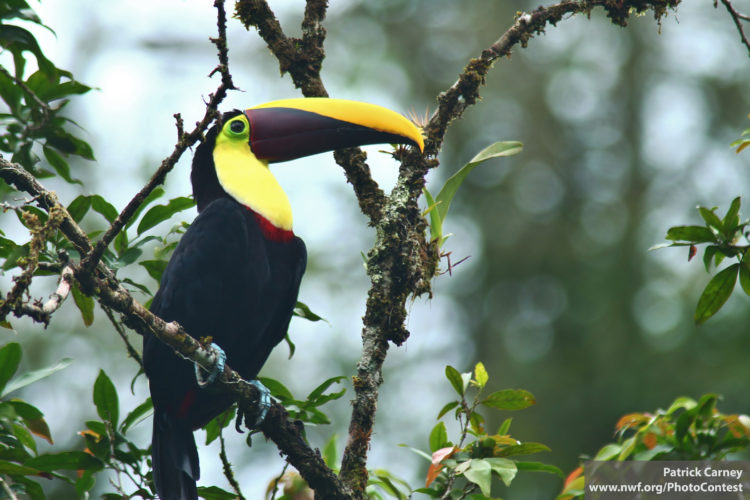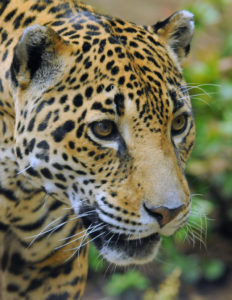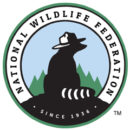We have much more to do and your continued support is needed now more than ever.
Broadening Our Conservation Efforts
This Week in NWF History
Since 1936, the National Wildlife Federation has worked to conserve the nation’s wildlife and wild places. As part of our 80th anniversary celebration, we are recognizing important moments in our history that continue to make an impact today.
For many migratory species such as monarch butterflies, shorebirds, and whales, the United States is just one stop on their long journeys. Some species only spend part of their lives in the United States and depend on healthy forests and other habitats in Mexico, Central and South America for their survival. To help protect wildlife and wild places worldwide, the National Wildlife Federation started its International Wildlife Program in February 1982.


This past December, NWF’s International team traveled to Paris for the 21st Conference of the Parties of the United Nations Framework Convention on Climate Change (COP21) where we hosted two events centered on how to reduce deforestation. These panels were two of many during COP 21 that demonstrated the key role that land use needs to play in a world shaped by climate change. While in Paris, NWF was successful in its call for recognition of the land sector in the historic new climate agreement, which will finally start to limit dangerous climate pollution and ensure protections for people and wildlife.
Symbolically Adopt Now Symbolically adopt a jaguar today to help NWF’s global conservation mission!






















